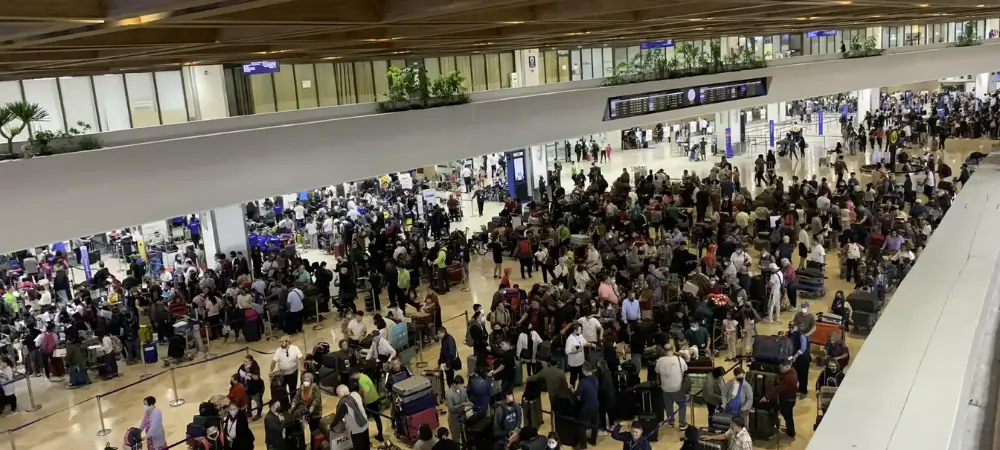Around 3,000 foreign workers previously employed by Philippine Offshore Gaming Operators (POGOs) have already exited the Philippines. The Bureau of Immigration (BI) confirmed this in a statement released on Saturday.
BI Officer-in-Charge Commissioner Joel Anthony Viado reported the update during a “Task Force POGO Closure” meeting. He revealed that as of September 24th, authorities had downgraded 5,955 visas. Approximately 55 percent of those affected foreign workers have already left the country.
The task force includes representatives from the Department of Justice (DOJ), Department of Labor and Employment (DOLE), Philippine Amusement and Gaming Corporation (PAGCOR), and the Presidential Anti-Organized Crime Commission (PAOCC). Moreover, members of the Philippine National Police and the National Bureau of Investigation also participated in the latest meeting.
Viado further announced that the task force has agreed to organize service days specifically for POGO companies. During these sessions, teams will directly visit POGO sites to downgrade visas on-site and issue exit clearances. In addition, DOLE representatives will collect the alien employment permits that POGO workers surrender.
This coordinated initiative aims to speed up the departure process for foreign workers linked to POGOs, now officially known as Internet Gaming Licensees (IGLs).
The DOJ has set a deadline of October 15th for foreign POGO workers to voluntarily downgrade their visas. After this deadline, any worker who fails to comply will receive a grace period of 59 days to leave the Philippines. Once that window closes, deportation proceedings will begin.
Authorities also issued a firm warning: foreign workers who remain in the country after December 31st will face arrest, immediate deportation, and a formal ban from re-entry into the Philippines.
While Viado acknowledged that current operations are moving forward, he also warned of growing difficulties in 2025. He said that enforcement efforts will soon shift to locating those who choose not to comply and initiating active deportations.












